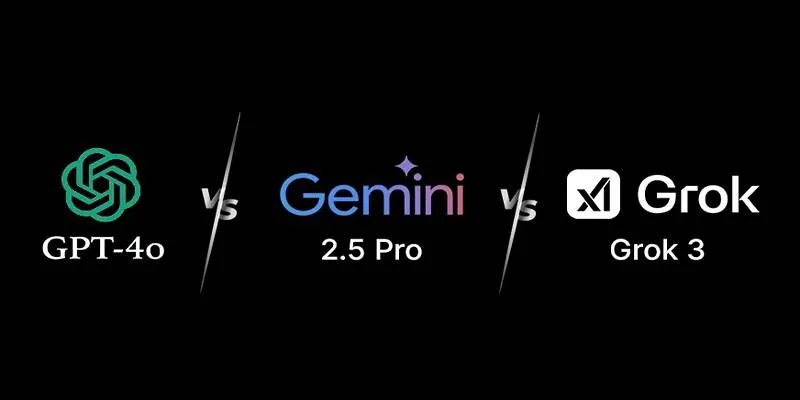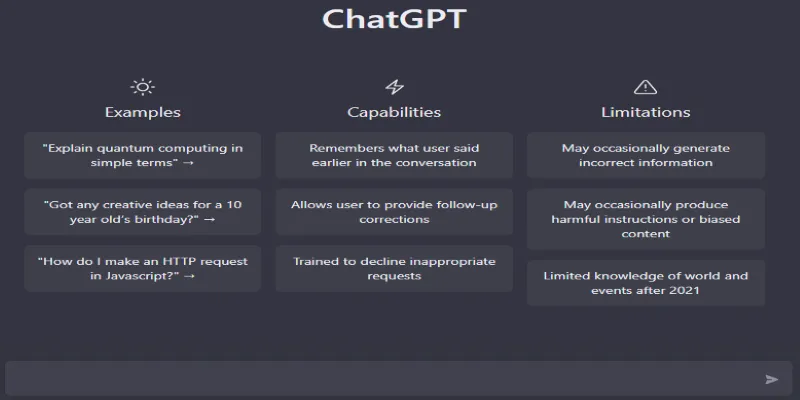Elon Musk’s surprise decision to sell X, formerly known as Twitter, to his artificial intelligence company, xAI, has sparked a wave of debate. Many are questioning the intent, timing, and implications of merging a social media giant with a fast-growing AI lab. Musk, who has never hidden his dissatisfaction with how existing AI companies handle ethics and transparency, now brings X under xAI’s umbrella, leading to discussions about user privacy, platform integrity, and the potential fusion of AI with a global social network. The move has left both supporters and critics pondering its true significance.
The Reason Behind the Sale
Elon Musk has long positioned xAI as his answer to the perceived failures of today’s artificial intelligence. When he launched the company, he described its goal as building AI that’s more “truth-seeking” and less biased than the systems dominating the market. Until now, xAI and X operated as separate projects under Musk’s control. That separation is now over. By selling X to xAI, Musk has effectively merged the two, claiming it gives xAI full access to X’s enormous stream of public data—an advantage he believes will help it outpace competitors in the fast-moving AI race.

The move caught many off guard, even though xAI was already tapping into X’s data behind the scenes. Making it official through a sale suggests Musk wants to cement that relationship, removing any gray areas while giving xAI full authority to use the platform as it sees fit. To him, X’s vast, real-time conversations are the perfect fuel for developing more sophisticated and “aligned” AI systems.
For some, this was always the direction Musk was heading. He has never hidden his frustration with OpenAI, a company he co-founded but now criticizes for prioritizing profits over openness. Owning X through xAI gives him an enormous, unique dataset that other AI labs lack. However, critics worry that this ambition comes at the cost of X’s role as a platform for open dialogue.
Concerns About Privacy and Transparency
One of the loudest concerns raised after the announcement revolves around user privacy. X has millions of users posting daily, many under the assumption that their data is used for platform moderation and advertising, not AI model training. Now that the two companies are merged, users worry that their posts, images, and conversations could be mined more aggressively to train xAI’s models.
The lack of clear communication about how user data will be handled has fueled suspicion. Musk has not detailed what consent, if any, will be required from users before their data is used. While X’s terms of service already allowed for broad data use, the shift in ownership to an AI company completely reframes the context. Many users feel blindsided and unsure of how their online behavior will now contribute to xAI’s technology.
Another concern is transparency. Musk has claimed that xAI aims to make AI more open and honest, yet the sale itself was announced with few details about the financial structure, regulatory approval, or safeguards for users. Critics argue that this lack of clarity contradicts Musk’s stated principles and risks undermining trust in both X and xAI.
The Future of X Under xAI
With xAI now at the helm, many are speculating about what changes might come to X. The platform has already seen sweeping changes under Musk’s ownership, including reduced moderation, controversial policy shifts, and a push for subscription-based features. Now, with xAI in charge, some expect the platform to become an experimental space for testing and refining AI models.

There are concerns that X could become more of a laboratory than a social network, where user interactions are used not only for engagement but also to feed AI experiments. Some analysts believe that Musk could integrate generative AI directly into the platform, perhaps through automated assistants, smarter content curation, or even AI-generated news feeds. This might appeal to some users but alienate others who prefer a more organic experience.
Employees of X and xAI have reportedly been told that the merger will allow both teams to collaborate more effectively, with the aim of making xAI a stronger competitor to OpenAI, Anthropic, and Google DeepMind. But this raises another question: will X remain a service in its own right, or will it increasingly serve as a tool for xAI’s ambitions? Critics warn that such a shift in focus could damage the platform’s relevance and user loyalty.
Broader Implications for AI and Social Media
This merger sits at the intersection of two powerful trends: the rise of generative AI and the debate over social media’s role. Combining them under one structure raises questions about accountability and ethics.
Some experts argue that having one owner for an AI lab and a global communications platform concentrates too much influence. AI companies already face scrutiny for opaque decisions, and social media firms are criticized for moderating speech and protecting data. Together, these challenges may grow.
Others see potential. Aligning X with xAI could create a platform where AI tools improve in real time, producing more advanced technology. However, whether this can happen without sacrificing transparency and trust remains unclear. Regulators are already watching, with some calling for investigations into possible antitrust or data violations.
The sale also raises bigger questions about digital spaces. If social networks become feeders for AI, users may stop posting candidly, fearing their words will be harvested. This could change online communication culture, pushing people toward more private or decentralized platforms.
Conclusion
Elon Musk’s sale of X to xAI has stirred debate, with some praising it as progress for AI and others warning of concentrated power. The merger combines a major social media platform with an ambitious AI lab, offering room for innovation but raising concerns about privacy, transparency, and trust. Users and regulators await clarity on data use and the platform’s future. Like many of Musk’s moves, it’s unconventional and controversial, and its full impact on technology and communication remains uncertain for now.
 zfn9
zfn9























